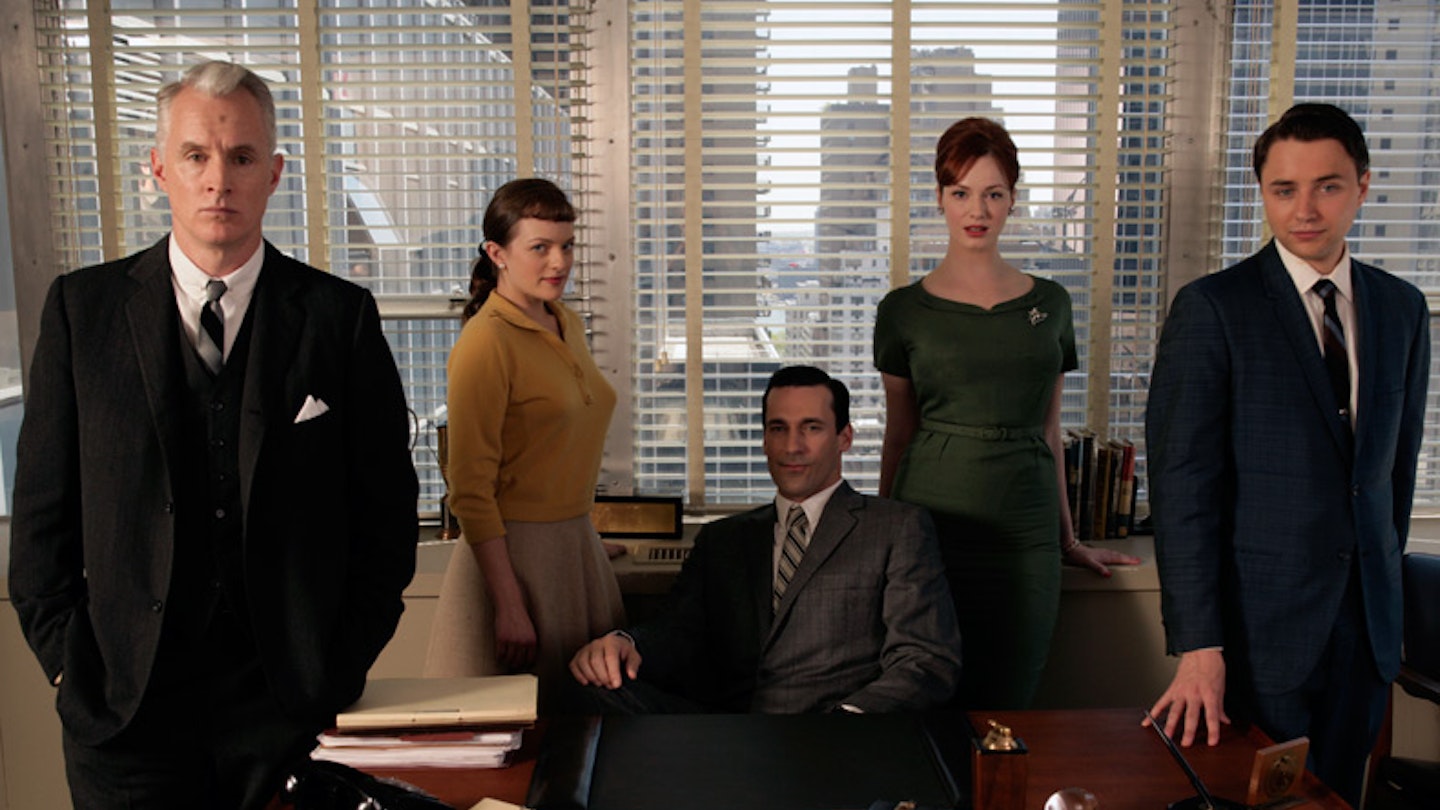TV, cinema and online adverts show a major bias against women, according to a new study from the Geena Davis Institute on Gender in Media and ad agency JWT New York.
Not only do women appear in adverts four times less than men, they're also more likely to be spoken over by their male counterparts and to appear partially or completely naked: men speak seven times more than women, while women are twice as likely to be naked.
Striking disparities can be noted not just in the ages of the men and women that we see on screen, but in the personality types and traits associated with each gender. Women in adverts are more likely to be in their 20s, while men mainly range from their 20s to their 40s. Men, meanwhile, are twice as likely to be funny and 62 percent more likely to be shown as intelligent.
Women might not be allowed to be funny or clever, but they are allowed to dress provocatively: one in 10 female characters appear in sexually revealing clothing (that's six times the number of male characters).
To recap, then, the ideal ad woman is silent, semi-naked and probably found in a kitchen (females are 48 percent more likely to be shown in this sort of domestic set-up...) Unsurprisingly, the report reaches the conclusion that the portrayal of women in ads hasn't improved for over a decade.
Titled Unpacking Gender Bias in Advertising, the report examined a decade's worth of winners and entries to the prestigious Cannes Lion Award, looking at over 2,000 ads and analysing the split between men and women.
The findings echo those of last year's study from the Media, Diversity and Social Change initiative at the University of Southern California, which reported that of the 4,370 ‘speaking or named characters’ in last year’s 100 highest grossing US films, only 31.4 percent were women.
What’s more, women on screen were far more likely to be naked or wearing revealing clothing, with 30.2 percent described as ‘scantily clad’ compared to just 7.7 percent of male characters.
Thelma and Louise star Geena Davis founded the institute back in 2004, when the actress became concerned about the lack of positive female representation on the TV shows she watched with her young daughter. Her organisation now advocates for more equal and diverse representation of women in the media.
READ MORE: London Estate Agent To Remove 'Awful, Retrograde' Tube Adverts Amid Sexism Row
